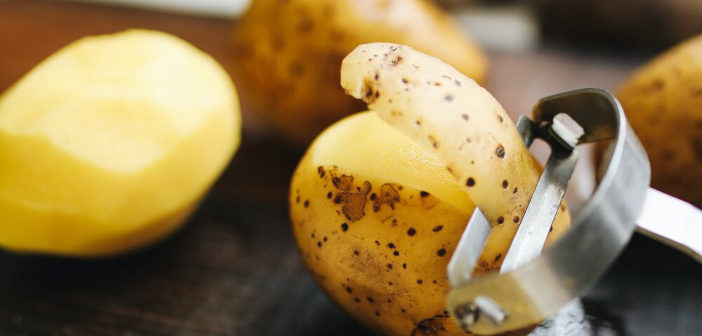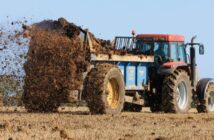TuberGene, a new research project led by B-hive Innovations, aims to harness gene editing to address challenges within the potato industry.
The sector produces around five million tonnes each year but faces significant hurdles, including a significant tonnage that does not meet commercial specifications. In addition to this, changing consumer preferences have seen fresh sales gradually decline as people opt for quicker alternatives like rice and pasta.
With new legislation allowing the commercial development of gene-edited crops, the project will look at reducing bruising-related discolouration and speeding up the cooking process of potatoes. These will reportedly enhance quality, reduce food waste and meet the needs of consumers.
The project is funded as part of UKRI’s National Engineering Biology Programme and will be supported by Branston Ltd, the James Hutton Institute and James Hutton Ltd.
Dr. Andy Gill, general manager of B-hive Innovations, said: “The UK potato industry is facing significant challenges, and it’s crucial that we find innovative solutions to ensure its long-term viability. This project represents a major step forward in our efforts to address issues such as bruising-related losses and changing consumer preferences.”
Dr. Rob Hancock, research scientist at the James Hutton Institute, said: “Gene editing and other precision breeding technologies offer unprecedented opportunities to rapidly enhance the traits of potatoes, meeting the need to quickly respond to the changing preferences of consumers. By targeting specific genes responsible for traits like bruising susceptibility and cooking times, we can create varieties that meet the needs of both growers and consumers.”
Barbara Correia, principal research scientist at B-hive added: “This project leverages the bioinformatics expertise in our business and the genome sequencing allows us to build a pipeline to address other issues in potato farming, such as disease resistance, as we move towards the creation of a Super Spud. It also means that we can apply our skills more easily to other crops, thereby helping more of the UK’s fresh produce sector and safeguarding global food security.”




